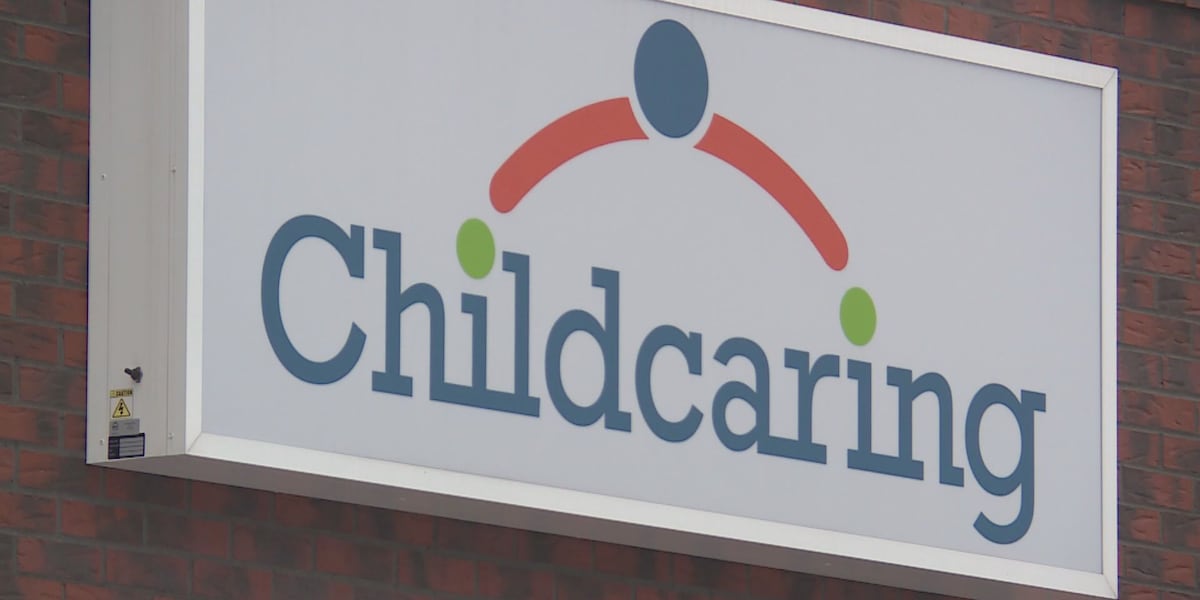
In the realm of education, the importance of promoting self-awareness and metacognition is gaining recognition as crucial for students’ academic success. Encouraging students to reflect on and evaluate their own learning experiences can empower them to take control of their educational journey, identify areas for improvement, and develop lifelong learning skills. This article explores the significance of self-reflection and self-evaluation in student learning, highlighting how these practices can enhance both academic performance and personal growth.
Self-reflection involves taking the time to consider one’s thoughts, emotions, and behaviors in connection to educational experiences. It allows students to assess their strengths and weaknesses, set goals, and monitor their progress. By engaging in self-reflection, students can gain a deeper understanding of their learning preferences, challenges, and styles, enabling them to tailor their study strategies to suit their individual needs and make informed choices.
Moreover, self-reflection promotes critical thinking skills as students learn to ask metacognitive questions and view mistakes as opportunities for growth. This mindset shift encourages students to approach learning with a growth mindset, fostering a sense of resilience and perseverance in the face of challenges.
Self-evaluation, on the other hand, involves comparing one’s performance and progress to predetermined standards or learning goals. By actively assessing their work and progress, students take ownership of their learning outcomes and develop a sense of accountability. Self-evaluation also fosters intrinsic motivation, driving students to strive for excellence and persist in their learning journey.
Teachers play a crucial role in motivating students to engage in self-evaluation by providing clear guidelines, structured activities, and constructive feedback. By modeling self-assessment and encouraging metacognitive skills, educators empower students to track their progress and identify areas for improvement. Creating a supportive learning environment where growth is celebrated further reinforces the value of self-reflection and motivates students to take charge of their education.
Implementing self-reflection and self-evaluation in the classroom can be achieved through various strategies tailored to meet students’ needs and preferences. Teachers can incorporate journaling, reflective writing exercises, peer feedback sessions, and technology-based tools to facilitate self-assessment and goal-setting.
In conclusion, self-reflection and self-evaluation are essential components of student learning that foster autonomy, critical thinking, and intrinsic motivation. By integrating these practices into the classroom, educators can empower students to become active participants in their education, setting the stage for continued academic success and personal growth.

